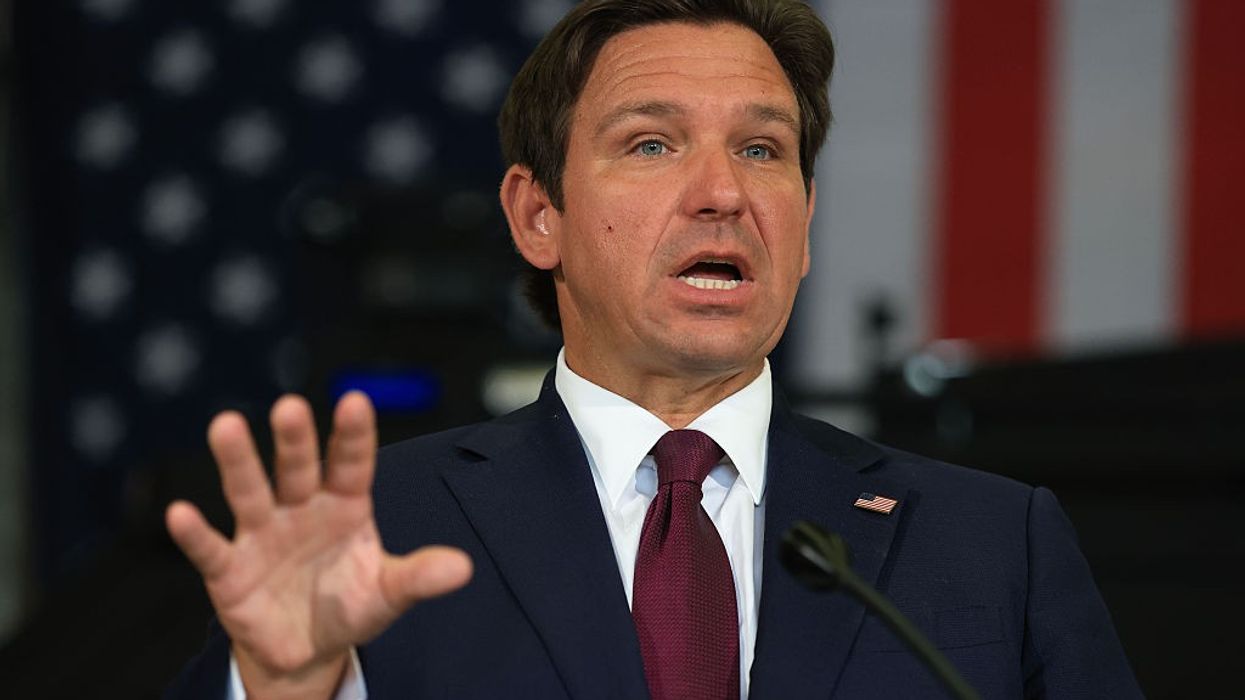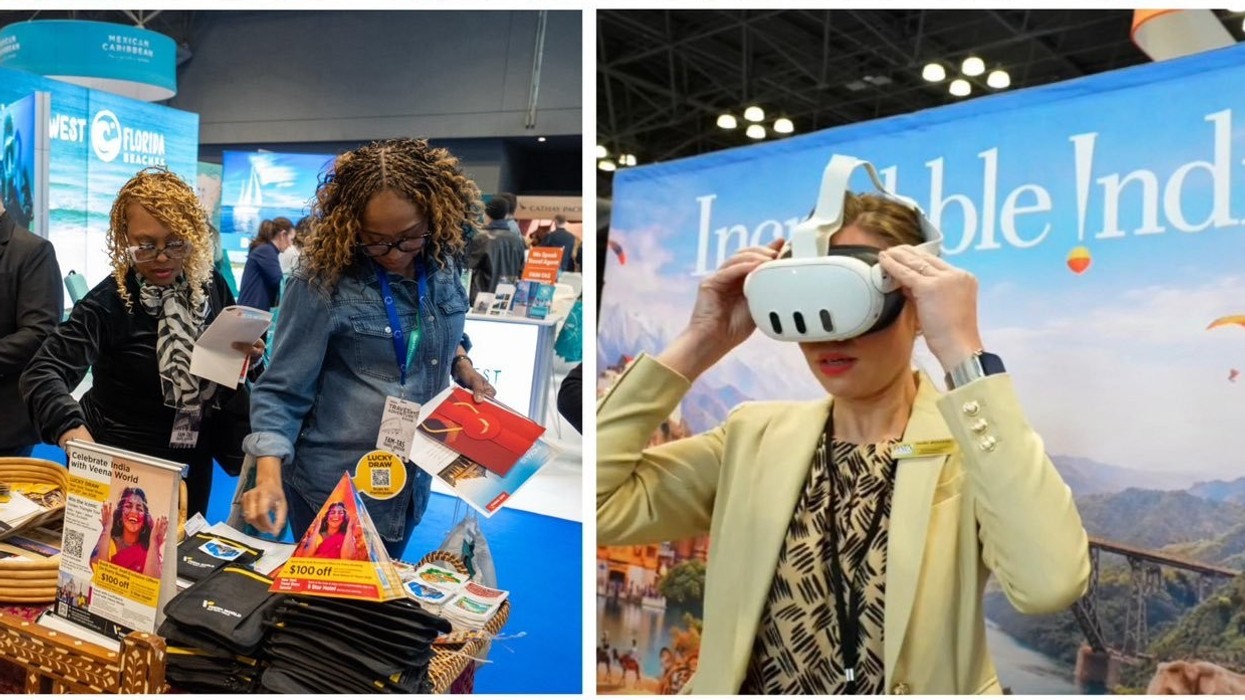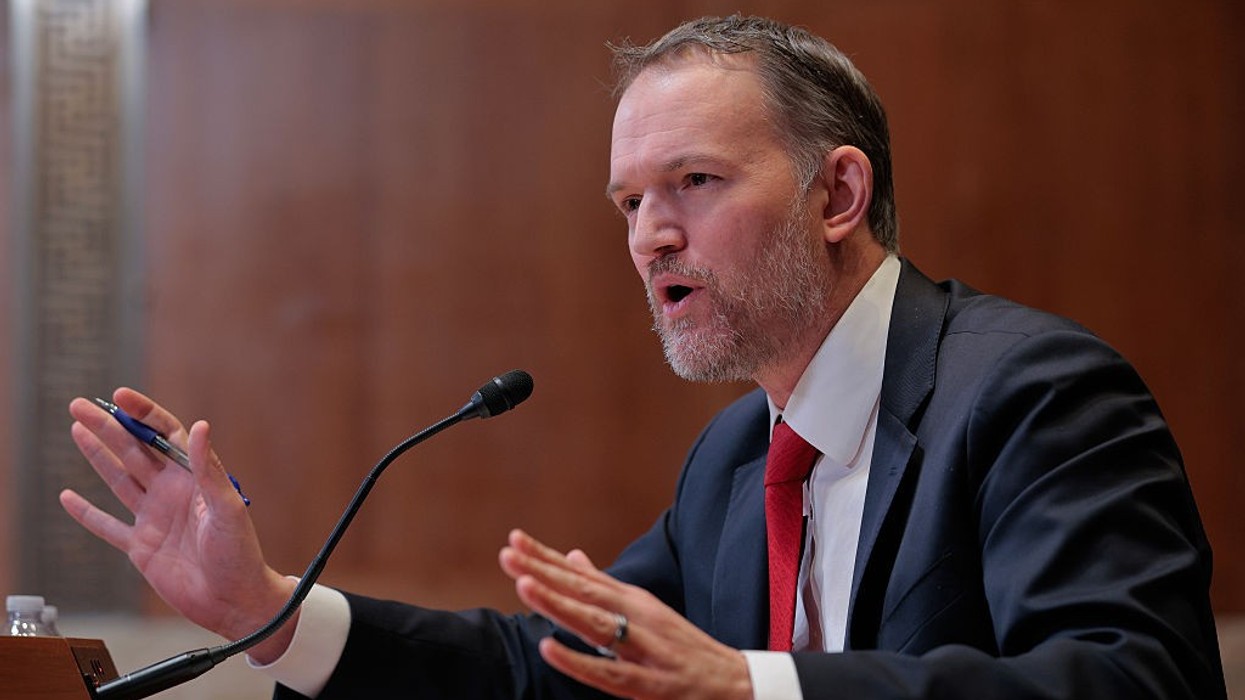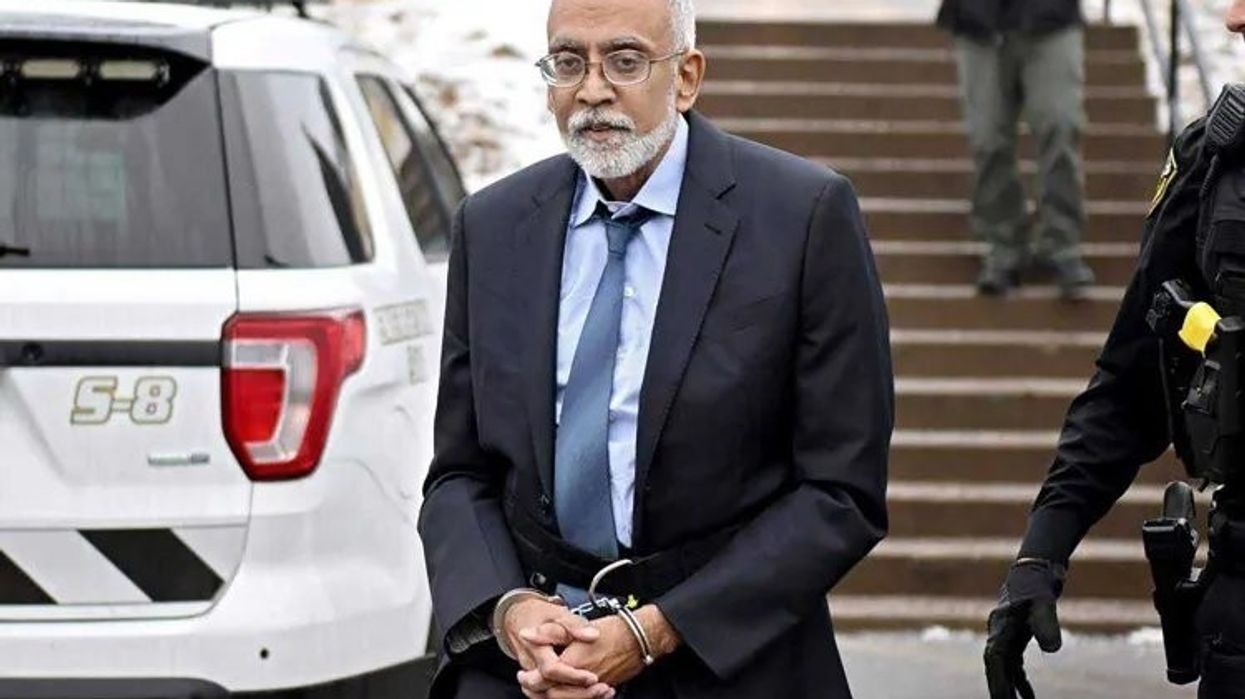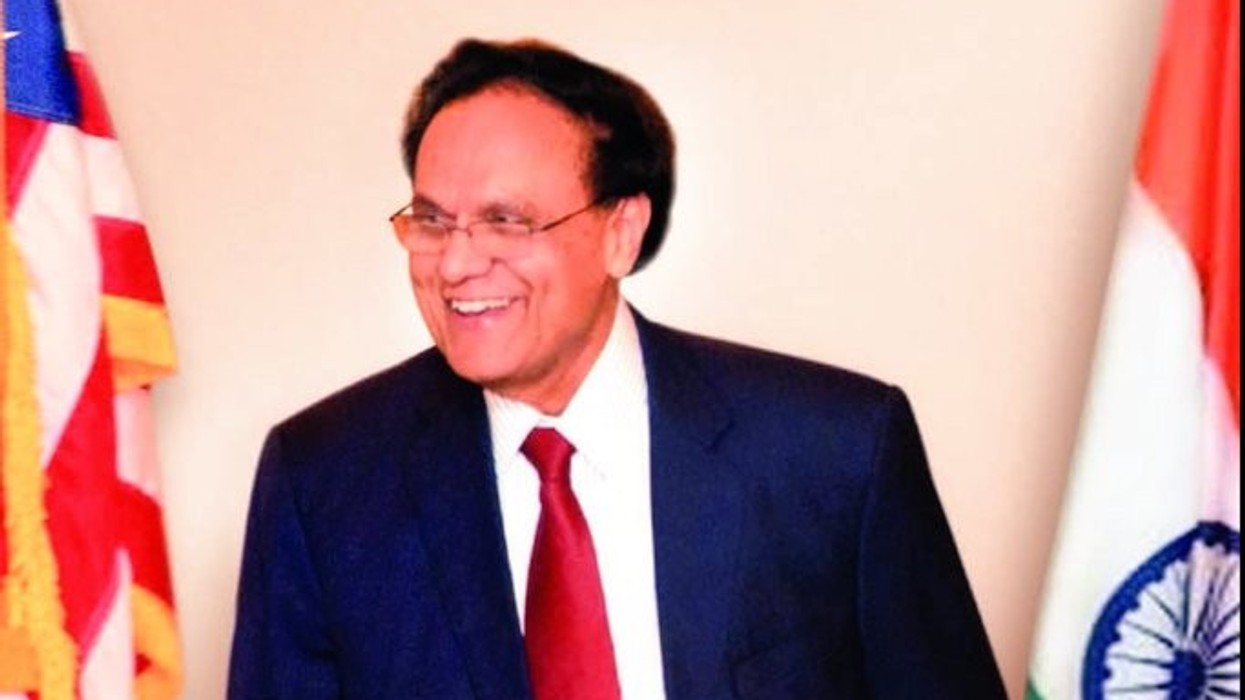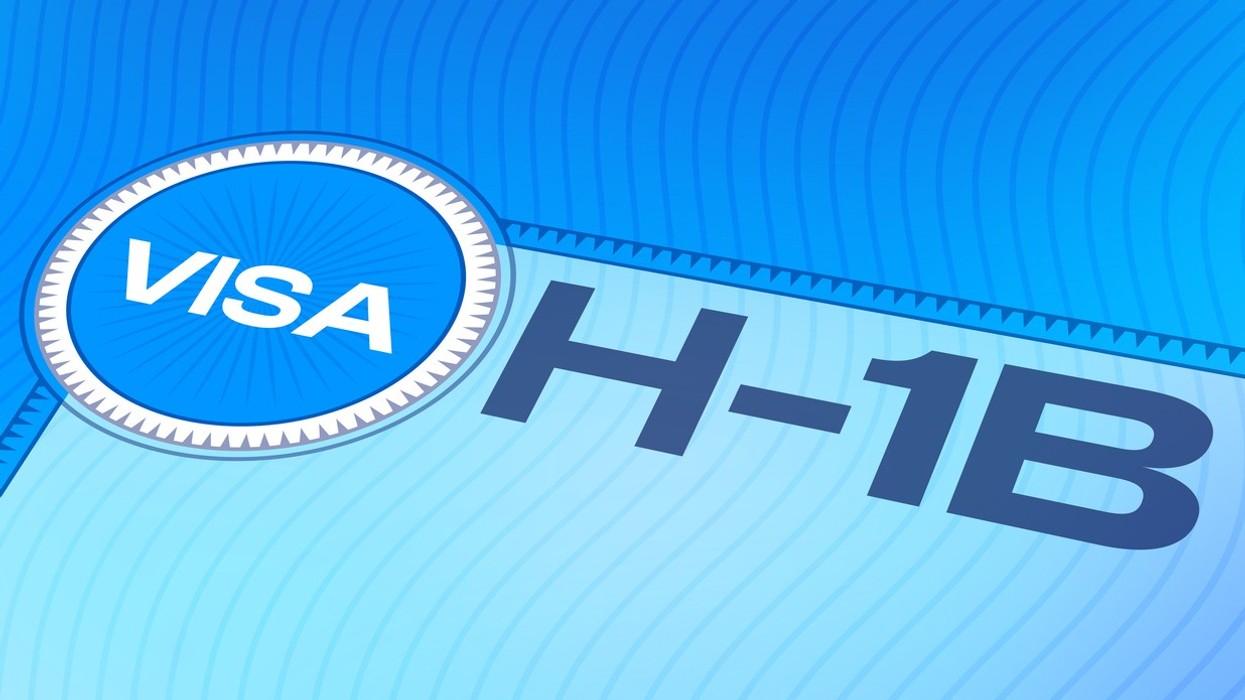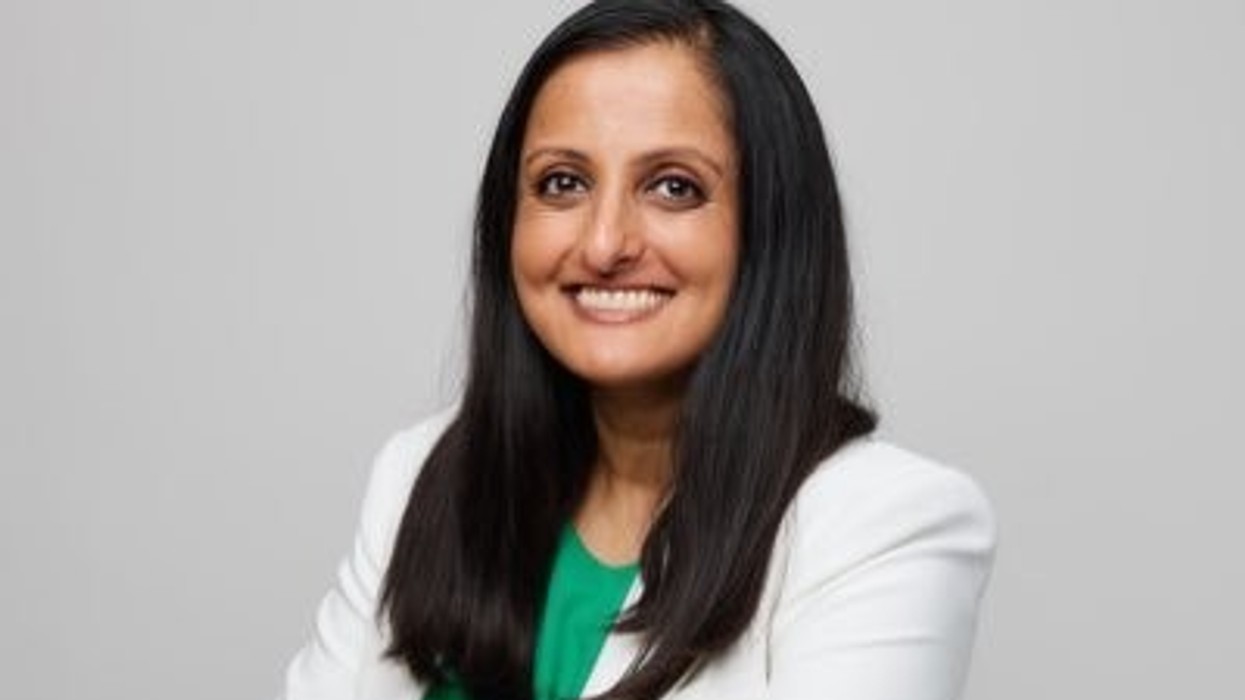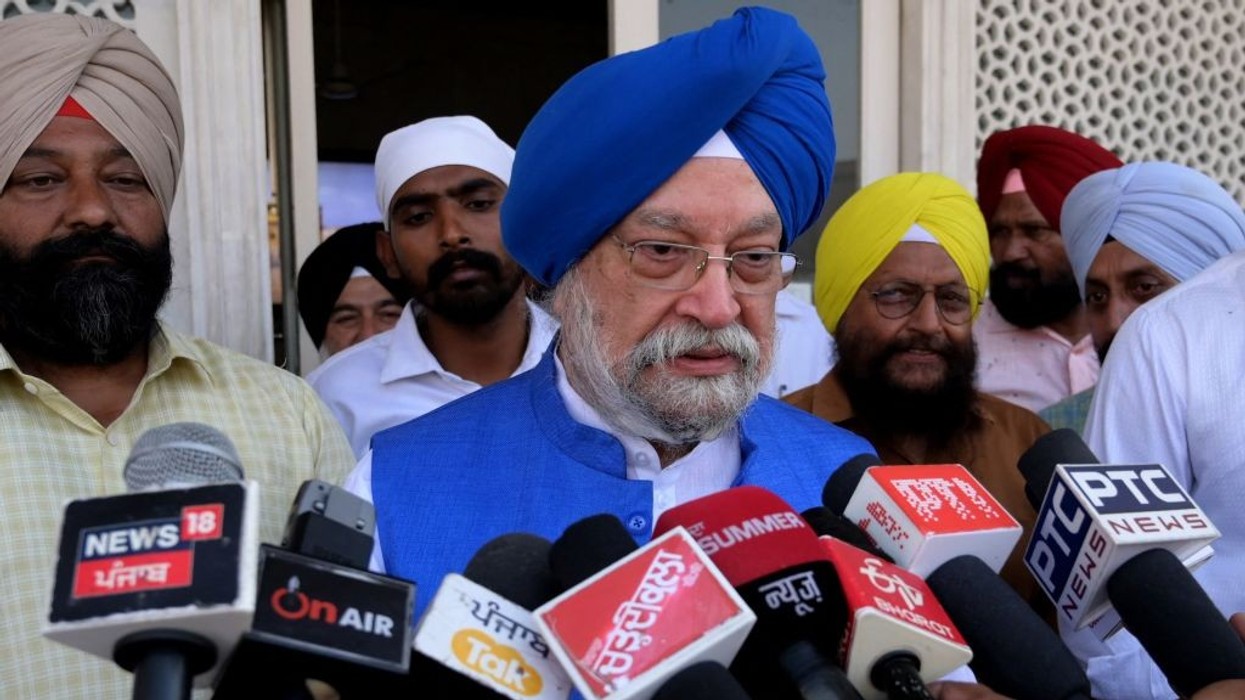Highlights:
- Florida Governor Ron DeSantis orders state universities to stop hiring under H-1B visas.
- Says Florida citizens and Americans should get priority for jobs.
- Legal experts question a governor’s authority to restrict federal visa programs.
- Universities are exempt from H-1B visa caps, allowing year-round foreign hiring.
- Move coincides with US ending automatic work permit renewals, hitting Indian professionals hardest.
In a controversial directive that could impact Florida’s higher education system and foreign professionals, Governor Ron DeSantis has ordered state universities to stop using H-1B visas for hiring, claiming that jobs in Florida should be reserved for state residents and US citizens. Speaking at a press conference on Wednesday, DeSantis called the universities’ reliance on foreign workers through H-1B visas a “poor reflection” on their recruitment capabilities.
“If there are things that the universities need that they somehow can't find in Florida, to me, of all employees, they are the ones that would be most responsible for why they can't find what they need,” DeSantis said. “I am directing today the Florida board of governors to pull the plug on the use of these H-1B visas in our universities. We can do it with our residents in Florida or with Americans. And if we can’t do it, then we really need to look deeply at what’s going on with this situation,” he added.
The governor’s comments align with his broader push to prioritise local workers and reduce foreign labour dependency. However, legal experts and immigration analysts have pointed out that it is unclear whether a state governor has the legal authority to ban or restrict the use of federally regulated visa categories such as the H-1B.
Under federal law, H-1B visas are governed by the US Department of Labor and the Department of Homeland Security (DHS). Universities, in particular, are exempt from the annual H-1B visa cap, allowing them to hire foreign academics, researchers, and specialised professionals throughout the year. Many of these positions, experts argue, require niche expertise not always available in local applicant pools.
H-1B visas are most commonly associated with technology workers, particularly from India, who make up nearly three-quarters of all visa approvals. However, the category also covers teachers, medical professionals, and research specialists — sectors where universities frequently depend on international talent.
DeSantis’s order adds to growing uncertainty for foreign professionals in the United States. In a related move, the US Department of Homeland Security has eliminated the automatic renewal of Employment Authorisation Documents (EADs), ending a policy that had allowed migrant workers to continue employment for up to 540 days while waiting for renewal approvals.
Effective Thursday (30), workers whose EADs expire before renewal approval will lose authorisation immediately, forcing many — particularly Indian professionals and their H-4 spouses — to stop working until their paperwork clears. This change is expected to significantly affect those stuck in the lengthy green card backlog or on work-based visas awaiting permanent status.
Together, these developments reflect a broader tightening of US immigration and work policies under President Donald Trump’s administration. While DeSantis’s directive may face legal challenges, it underscores a political message aimed at limiting foreign employment and prioritising domestic workers — even in academic institutions known for global collaboration.
